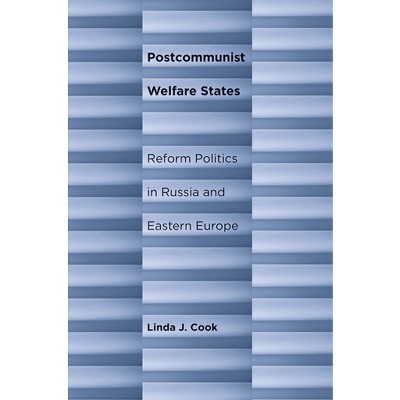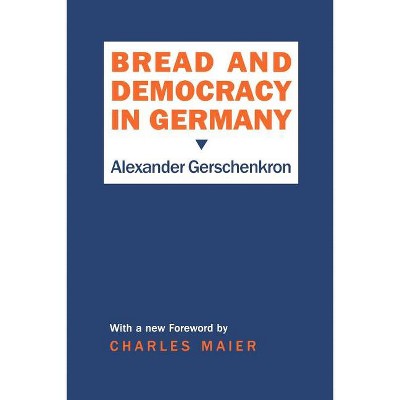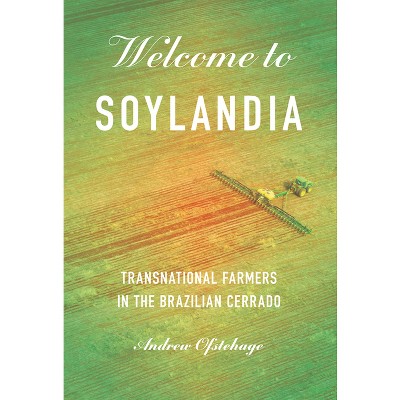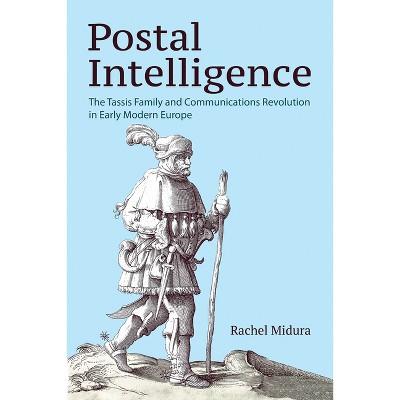About this item
Highlights
- In 2007 the farm subsidies of the European Union's Common Agricultural Policy took over 40 percent of the entire EU budget.
- About the Author: Ann-Christina L. Knudsen is Associate Professor in the Department of European Studies at Aarhus University, Denmark.
- 368 Pages
- Business + Money Management, Industries
Description
About the Book
In 2007 the farm subsidies of the European Union's Common Agricultural Policy took over 40 percent of the entire EU budget. How did a sector of diminishing social and economic importance manage to maintain such political prominence? The conventional...
Book Synopsis
In 2007 the farm subsidies of the European Union's Common Agricultural Policy took over 40 percent of the entire EU budget. How did a sector of diminishing social and economic importance manage to maintain such political prominence? The conventional answer focuses on the negotiations among the member states of the European Community from 1958 onwards. That story holds that the political priority, given to the CAP, as well as its long-term stability, resides in a basic devil's bargain between French agriculture and German industry. In Farmers on Welfare, a landmark new account of the making of the single largest European policy ever, Ann-Christina L. Knudsen suggests that this accepted narrative is rather too neat. In particular, she argues, it neglects how a broad agreement was made in the 1960s that related to national welfare state policies aiming to improve incomes for farmers. Drawing on extensive archival research from a variety of political actors across the Community, she illustrates how and why this supranational farm regime was created in the 1960s, and also provides us with a detailed narrative history of how national and European administrations gradually learned about this kind of cooperation.By tracing how the farm welfare objective was gradually implemented in other common policies, Knudsen offers an alternative account of European integration history.
Review Quotes
How is one to make sense of the surprising resilience of the Common Agricultural Policy (CAP) in the face of efforts at reforming it? This important book has much to say about the limbo in which the CAP currently finds itself, but, unlike most of the literature in the field, it does so through a historical analysis of the origins of the CAP, from the entering into force of the European Economic Community Treaty in January 1958 to the settlement of the common grain price in December 1964. This is the occasion for the author--a historian--not only to illuminate the particular context in which the CAP materialized and to highlight its lasting effect on subsequent policy developments, but also to challenge the prevailing (liberal intergovernmentalist) view of the CAP as a policy driven and captured by national, commercial interests.... Farmers on Welfare offers an original and compelling ideal-typical portrait of the CAP as a welfare policy and makes a significant contribution to the literature. Students of the CAP and European Union politics alike will find it both highly informative and entertaining.
--Christilla Roederer-Rynning "International Affairs"About the Author
Ann-Christina L. Knudsen is Associate Professor in the Department of European Studies at Aarhus University, Denmark.












